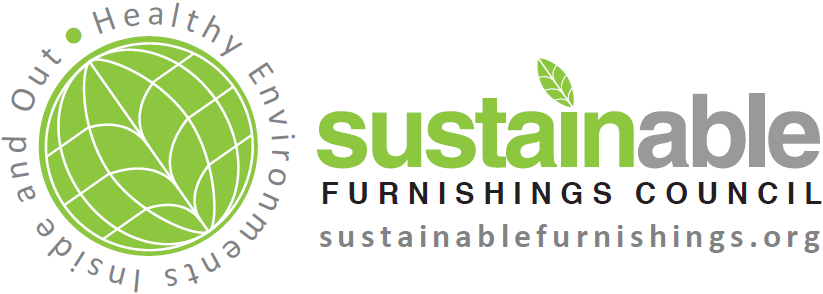
You are here
Vanguard Furniture
Best Practice Achievements
Our company's goal is to keep everything, 100% out of the landfill. We find recyclers and other companies to use these materials that we cannot: wood, textiles, leather, vinyl, etc., plus we recycle cardboard, paper, wood palettes, sawdust, styrofoam, plastic and paper packaging materials. This is a company investment and commitment, because sometimes it costs the company time and money to do this.
In the manufacturing facilities, we installed energy efficient lighting fixtures. We installed motion sensor detectors on warehouse lighting. We've had an energy audit in the past - made improvements and saved energy and money. We plan to do this again in the near future.
Over a decade ago, we embarked on a goal to have a paperless administration process. All of our acknowledgements and invoices are now emailed to our customers, rather than printing on paper and mailing. Our state-of-the-art scanning software allows the administrative side of the business to eliminate paper in the office. Similarly, with new ways of digitally communicating with our retail and consumer customers, we have eliminated printed event invitations, product tear-sheets, and even some catalogs and price lists. When catalogs are printed, we use FSC certified paper and print with soy-based inks.
We use mostly FSC wood to make our casegoods. In some instances, we use reclaimed wood from unusual sources, such as used car crates, to be re-manufactured into high-quality furnishings.
We use metal with recycled content - our furniture coils contain more than 80% scrap or recycled material. The manufacturing process uses no chemicals or hazardous materials, and all finished springs are shipped in recycled-paper cartons.
All of our polyurethane foam products are certified by the CertiPUR-US. This certification has the most extensive testing standards in North America. One of the main benefits is the assurance that the products do not contain harmful materials such as lead, mercury and PBDE fire retardants.
We continually work with vendors so that we may offer fabrics that are created with recycled materials. If not 100% natural, many of our fabrics contain recycled polyester components, or are made with 100% post-industrial recycled polyester fibers. We have buy-back programs with some of our textile suppliers - they take back our fabric waste - what lands on the cutting room floors and typically goes to the landfill. If this is not an option, we sort and find recycling companies that will take the scraps.
Our sustainability mission is part of the conversation with vendors and suppliers.
The new hire and safety orientations at Vanguard teach everyone about the sustainability mission, and the extensive recycling we do. It's mandatory, and workers are expected to be a part of the solution.


